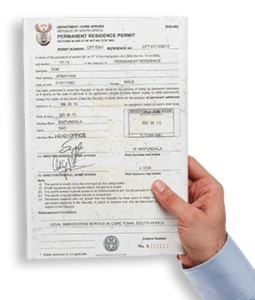Section 9c of the German Residence Act clarifies what constitutes a “fixed and regular income” for foreigners applying for the EU Long-Term Residence Permit. This is a crucial aspect, as financial stability is one of the key conditions for long-term residency. Let’s simplify and understand this section:
Criteria for Fixed and Regular Income: To be considered as having a fixed and regular income, as required under Section 9a(2), sentence 1, no. 2, a foreigner must:
1. Fulfill Tax Obligations: They should have complied with their tax responsibilities in Germany.
2. Pension Contributions or Provision: Either the foreigner or their cohabiting spouse must have contributed to a pension scheme in Germany or abroad, unless prevented by physical or mental illness or disability. This ensures future financial security.
3. Health and Nursing Care Insurance: They and their dependants living with them must be covered against illness and nursing care needs. This coverage should be through statutory health insurance or an equivalent insurance scheme that is either indefinite or auto-renewable.
4. Income from Permitted Economic Activity: The regular income should come from an economic activity that the foreigner is legally allowed to pursue, and for which they have the necessary permits.
Provisions for Cohabiting Spouses: In the case of cohabiting spouses, it’s sufficient if one spouse meets the requirement of having a regular income from a permitted economic activity.
Comparison with Pension Contributions: The level of pension contributions or provisions required is aligned with what’s specified in Section 9(2), sentence 1, no. 3 of the Act. This creates a consistent standard across different types of residence permits.
In summary, Section 9c of the German Residence Act specifies the requirements for a fixed and regular income, which is a vital criterion for foreigners applying for an EU Long-Term Residence Permit. This includes fulfilling tax obligations, making pension contributions, having adequate health insurance, and earning income from a legally permitted economic activity. Understanding these requirements is essential for those seeking long-term residency in Germany under EU regulations.




